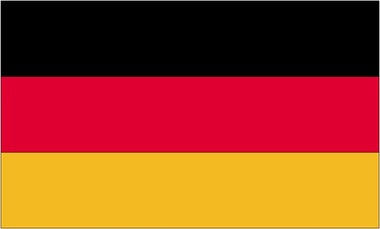Plant protection products can end up in surface water by various routes, run off to ditches and creeks but als through the sewage system. For these substances the drinking water standard is set at 0.1 µg/L: the same standard is set in the Netherlands for surface water that is used for the production of drinking water. For years we see there are breaches of this standard in the Meuse water. RIWA-Meuse wants emissions to be restricted so that breaches no longer occur.
Less emissions by improved cooperation
To achieve this we work together with agriculture, manufactures of plant protection products, spray equipment and purification systems, the government and research institutes. From 2010 until 2012 several parties have worked together in a project called ‘Working together on a clean Meuse’, introducing various emission reducing techniques at some 100 famers and farm contractors. These techniques have since become part of the Toolbox Emission Reduction, a spray nozzle webtool and the technique factsheets of the clean water project. We are monitoring the progress of the Dutch Deltaplan Agricultural Water Management.
Non-chemical weed control outside agriculture
To control weeds on streets, squares and around the house mostly Glyphosate based herbicides are used. This substance is responsible for most of the breaches in the water in the River Meuse. From 2006 until 2012 we have reported periodically on the monitoring results of our water quality research. In our lobby we use these monitoring results to influence national policy making, to contribute to insights concerning alternative weed control methods, to contribute to the sustainable terrain management barometer. The result is a reduction of the number of breaches from 40% to 20% of all measurements. So our goal has only partially been achieved. We are pleased that we could contribute to the lead up to the implementation of a motion of Member of Dutch Parliament Grashoff which made the Dutch Cabinet and Parliament decide in 2014 to ban the use of chemical weed control outside agriculture as of 2016. Other countries in the Meuse river basin have taken similar measures or are about to implement them: a ban on chemical weed control outside agriculture and stimulating emission reduction measures to be take in agriculture.
We raise this issue in the International Meuse Commission, in our meetings with our colleague associations. The overall result of the efforts translates into a downward trend of breaches, but there are stil some left so we are not done yet. We will monitor the effectiveness of measures taken, literally.





